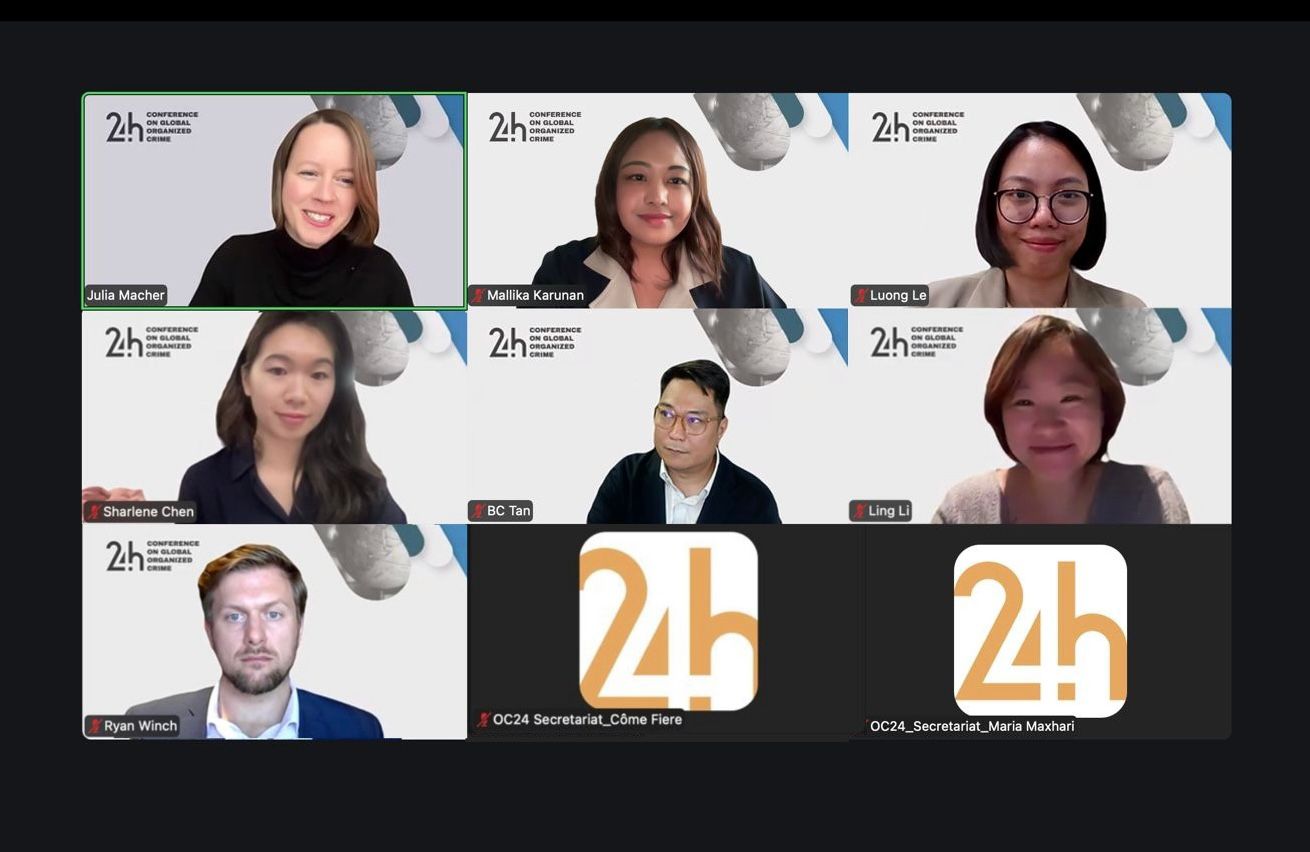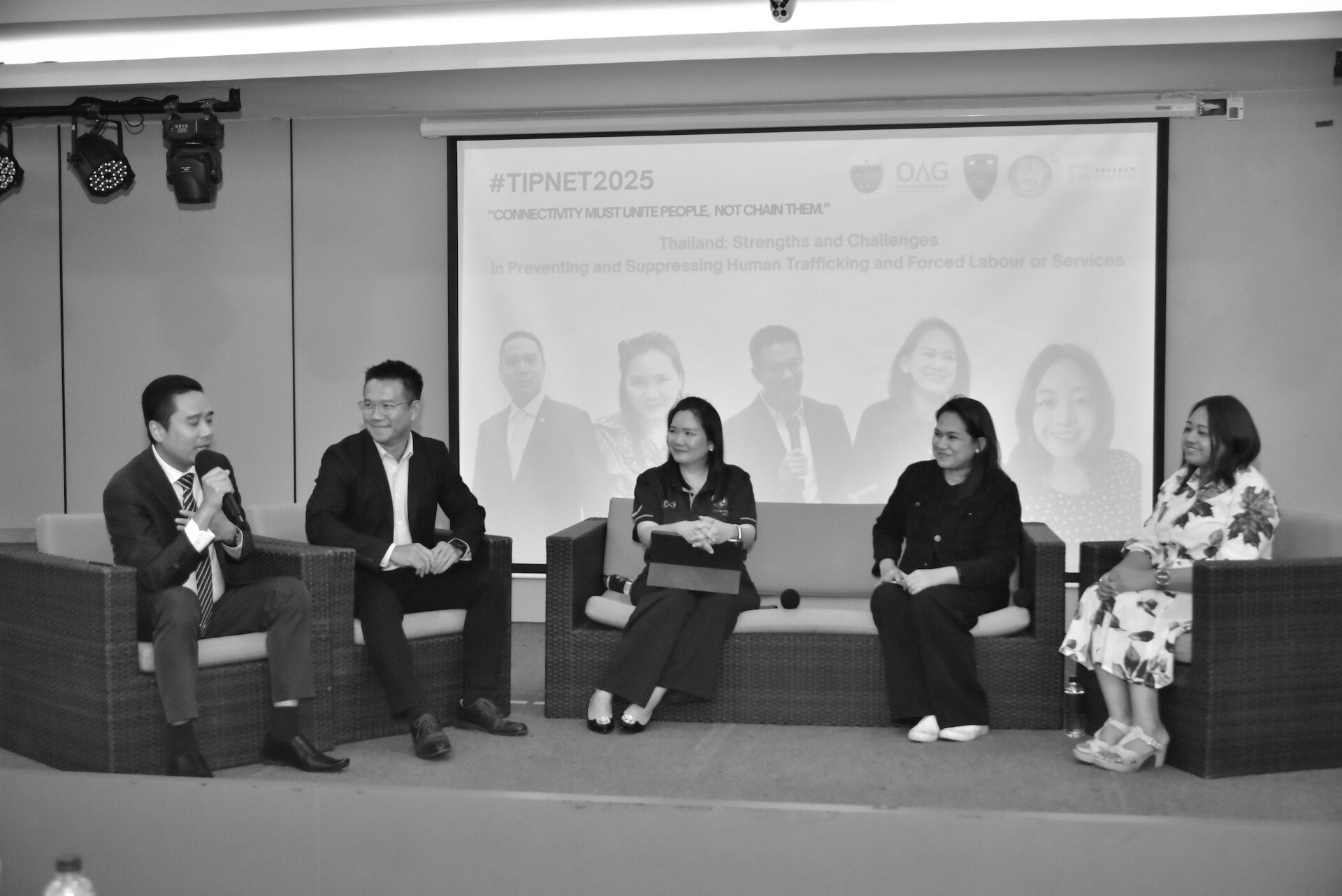"Deceived, Detained and Overlooked: Trafficking of East Africans into Southeast Asia’s Cyber-Scam Industry” documents how East African nationals are being deceived, exploited, and forced into criminal activity within the region’s rapidly expanding online fraud networks. A significant number of those trapped in cyber-scam compounds come from East Africa, yet their experiences have gone largely undocumented. This report fills that critical gap by providing evidence to strengthen civil society coordination and advocacy across regions.
Documenting an overlooked crisis
The study draws on interviews with East African nationals exiting cyber-scam centers in Myanmar, testimonies from repatriated survivors, and insights from civil society organizations (CSOs) working on the ground in both East Africa and Southeast Asia. It highlights how widespread economic precarity following the COVID-19 pandemic, combined with limited awareness of online risks, has left many East Africans vulnerable to deceptive recruitment.
Recruitment often takes place through false online job advertisements circulated via Facebook and Telegram, or through community-based referrals that exploit existing trust networks. In some cases, individuals are first recruited to the Gulf and later coerced into moving to Southeast Asia, where they are detained and forced to participate in online fraud schemes under threat of violence.
The Need for Coordination
Despite the growing scale of this issue, responses remain fragmented. Members of the East and Horn of Africa Anti-Trafficking (EHAAT) Network have repeatedly emphasized the need for credible evidence and stronger coordination between CSOs in origin and destination countries. This research directly responds to that call, helping to inform advocacy and guide collective action.
To support this, Freedom Collaborative recently launched a series of capacity-building learning calls on trafficking for forced criminality, connecting members of our Trafficking for Forced Criminality Response Working Group and the EHAAT Network. These discussions have highlighted ongoing gaps in information sharing and the need for sustained collaboration to ensure survivors receive consistent and informed support at every stage.
The report was produced entirely without external funding — a reflection of our team’s commitment to advancing understanding and supporting our partners’ work, even amid significant resource challenges. Through this research and our ongoing partnerships, we remain committed to supporting evidence-based, collaborative, and survivor-centered responses to emerging trafficking trends.
Read the full report: Deceived, Detained and Overlooked: Trafficking of East Africans into Southeast Asia’s Cyber-Scam Industry



